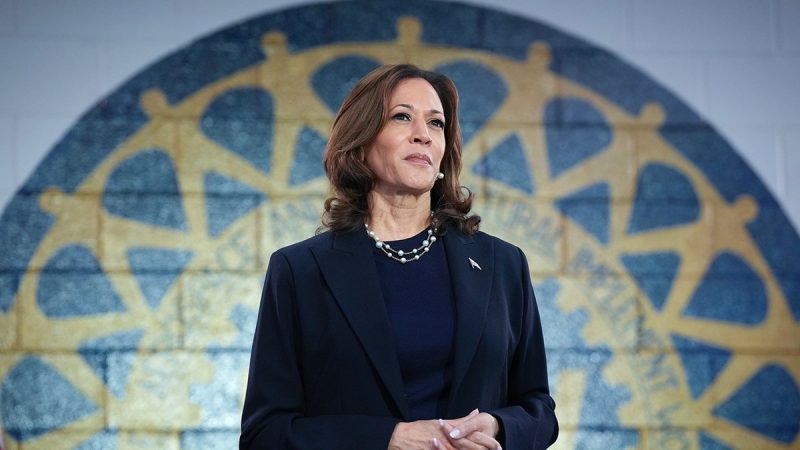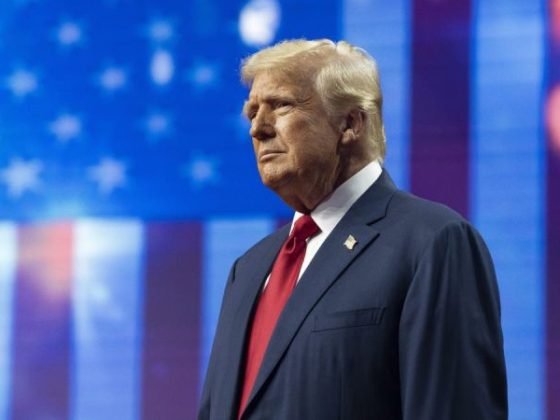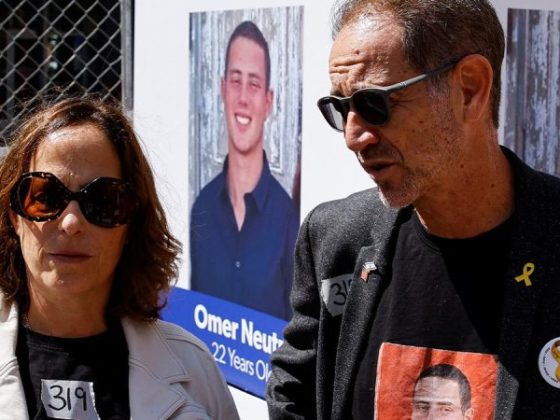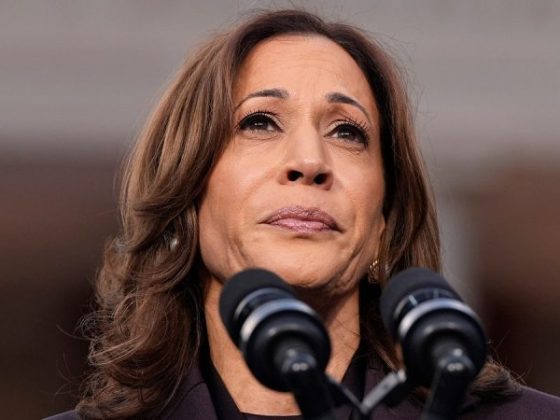1. Cannabis Legalization
As a prosecutor in California, Kamala Harris was a strong proponent of tough drug laws, opposing the state’s 2010 measure to legalize marijuana. Tracing her track records, she sent hundreds of people to jail for marijuana-related offenses. However, after assuming the role as a senator, she made a 180-degree turn, becoming a co-sponsor of Cory Booker’s Marijuana Justice Act, which seeks to decriminalize marijuana on a federal level, thus sending mixed signals about her stance on cannabis governance.
2. Healthcare
Kamala Harris initially adopted the stance to support Bernie Sanders’ ‘Medicare for All’ plan, which would have eliminated private health insurance in favor of a universal healthcare system. She even signed on as a co-sponsor of Sanders’ bill in the Senate. However, a few months into her 2020 presidential bid, she reversed her healthcare policy and released her own plan, embracing a role for private insurance companies, which deviates significantly from the original Medicare for All proposition.
3. School Busing
Busing was a heated issue during the Democratic party’s 2019 primary debates, as Harris attacked fellow candidate Joe Biden for his previous stance on the issue. Harris championed the need for school busing as a method to integrate schools during the debate. However, in the weeks that followed, she clarified her stance, indicating a shift away from federally mandated busing and towards busing as a local decision.
4. Death Penalty
In her early days as a prosecutor, Harris maintained a steadfast stance against the death penalty, an approach that was cemented following a high-profile capital punishment case involving a guilty police officer. However, once she ascended to her role as California’s Attorney General, Harris defended the state’s right to administer the death penalty – despite her personal opposition. The reversal created a chasm between her previous actions and her current stance.
5. Criminal Justice Reform
As the District Attorney of San Francisco, Harris was not a prominent advocate of criminal justice reform, and was even known for implementing tough-on-crime policies. However, during her primary run for the Presidency in 2020, Harris packaged herself as a progressive reformer and began touting herself as a pioneer in criminal justice reform. This significant pivot from her original position has raised doubts about her constancy.
6. Immigration
Harris’ position on immigration has evolved throughout her political career. While serving as San Francisco District Attorney, she supported the city’s sanctuary policy which limited law enforcement’s involvement with federal immigration activities. However, as California’s Attorney General, Harris defended the legality of ‘Secure Communities’, a program which shared fingerprint data with immigration agents. Later, she reversed her position again, becoming an advocate for comprehensive immigration reform.
Each of these policy flip-flops represents key issue transformations for Harris. They illustrate her approach to political strategy: evolving, adapting, and reflecting the opinions of the constituents she serves. Yet these reversals also prompt questions about her credibility and the authenticity of her believes, making them key points of discussion and analysis.











